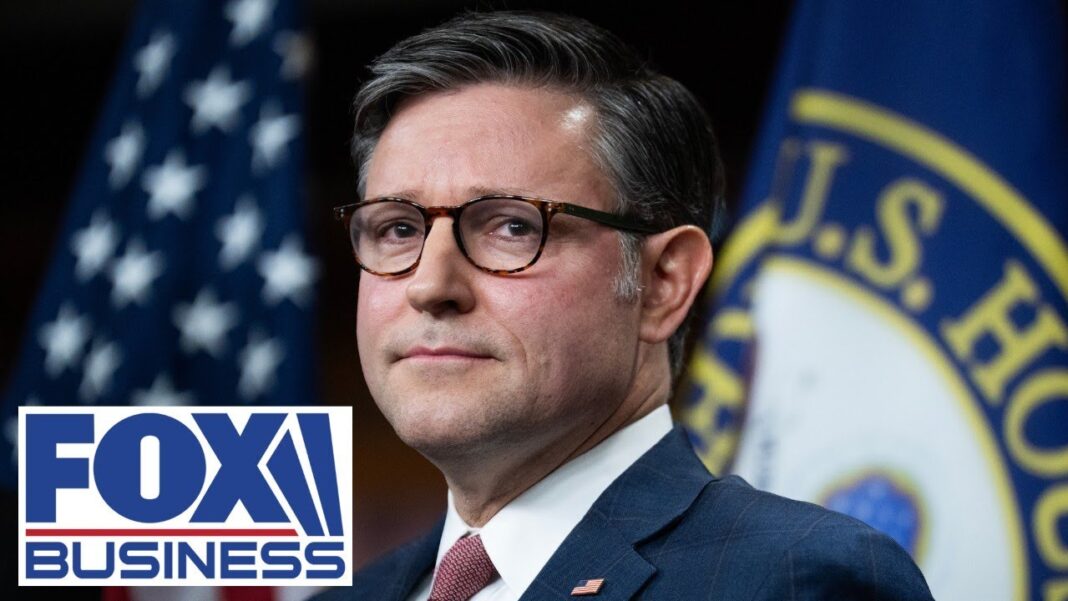Hungary’s foreign minister said Orban would be discussing sanctions with Trump during his visit to Washington on Nov. 7.
Hungarian Prime Minister Viktor Orban on Oct. 31 said he will seek exemptions to U.S. sanctions on Russian oil during his trip to meet with U.S. President Donald Trump next week.
Orban told state radio Kossuth that the exemption was needed because Hungary is a landlocked country dependent on the Russian pipelines for its energy supply.
The Hungarian prime minister said, “We have to make the Americans understand this peculiar situation … if we want them to allow exemptions from the American sanctions against Russia.”
Orban is set to meet with the U.S. president on Nov. 7. It will be the first bilateral meeting in Washington between the two long-time allies since Trump’s return to the White House.
On Oct. 22, the Trump administration announced tougher sanctions on Moscow, including on Russia’s two largest oil companies, Lukoil and Rosneft, in an effort to impact Russia’s ability to fund its war with Ukraine.
The move could expose other buyers—including China, India, and in Europe—to secondary sanctions.
Hungarian Foreign Minister Peter Szijjarto said earlier this week that Orban would be discussing sanctions with Trump during his visit to Washington.
Szijjarto told a press briefing on Oct. 27, “As for our energy supply … in the second half of next week there will be an opportunity in Washington for the prime minister to discuss this issue in person with the U.S. President.”
Two days after Trump ordered the fresh sanctions against Russian oil, Orban told Kossuth Radio that Hungary was working on finding a way to “circumvent this sanction.”
Hungary, Slovakia
Efforts to reduce the use of Russian energy are also being drawn up in Europe.
On Oct. 23, the European Union agreed on sanctions against Russia, including a ban on imports of liquefied natural gas (LNG). The sanctions followed proposals by the Council of the EU days earlier to totally phase out the importation of Russian gas by 2028.
The council’s plans come with some flexibility for landlocked member states—such as Hungary and Slovakia—that are affected by the change in supply routes and have limited or no alternative routes for transporting gas.
Following the 2022 Russian invasion of Ukraine, the EU has sought to reduce its dependence on energy from Russia. According to an explainer on the European Council’s website, “Russia’s share of EU imports of pipeline gas dropped from over 40 percent in 2021 to about 11 percent in 2024.”







